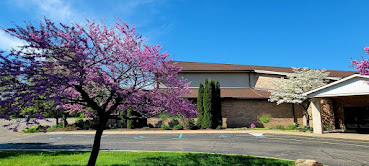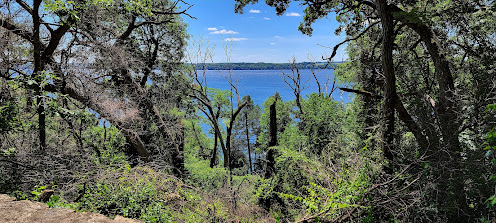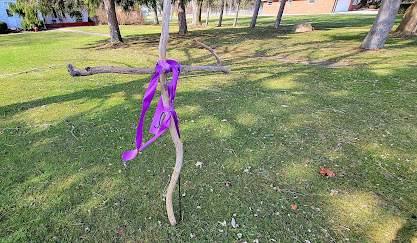 |
| Detroit |
One book that has shaped my understanding of "pastor" is Eugene Peterson's The Contemplative Pastor. I've read this book at least three times. I place it on my Top Ten Best Books Ever Read list.
Today my attention is again drawn to Peterson via Scot McKnight's revisiting of him here.
Adjectives that would describe a pastor include: "unbusy," "subversive," and "apocalyptic." We don't see that in a lot of pastors. Peterson has said:
“If you listen to a Solzhenitsyn or Bishop Tutu, or university students from Africa or South America, they don’t see a Christian land. They see something almost the reverse of a Christian land. … They see a lot of greed and arrogance. And they see a Christian community that has almost none of the virtues of the biblical Christian community, which have to do with a sacrificial life and conspicuous love. Rather, they see indulgence in feelings and emotions, and an avaricious quest for gratification.”
Uh-huh.
As George Barna discovered, ongoing spiritual formation into Christlikeness is almost nonexistent in the American church. McKnight writes:
McKnight once attended a Q&A session with Peterson in New York City. He writes:
"Peterson and his wife, Jan, were the main guests of Gabe Lyons’ Q-ideas sessions in New York City. Through the generosity of good friends, I was able to attend. I was struck by the attendance of many young, enthusiastic leaders who affirmed the steadfast vision that Eugene offered for the pastor. I was one of the older attendees. Peterson has weathered the storm of much contentious push-back on his vision of pastor, but his gracious, persistent voice is still strong and magnetic, kind and discerning. Eugene is now the pastors’ pastor."
Though I've never met him, Eugene is certainly one of my pastors.
See:









.JPG)